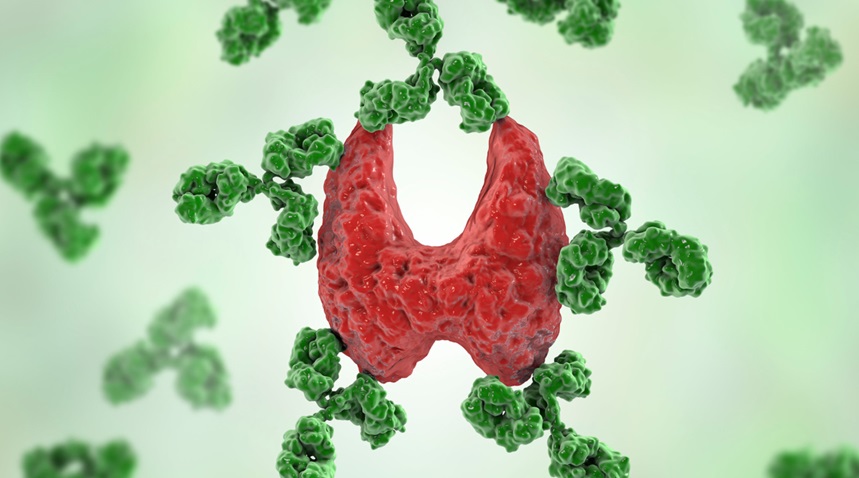Autoimmune diseases affect millions worldwide, disrupting the immune system and causing it to attack healthy cells. Nutrition plays a pivotal role in managing and supporting autoimmune health recovery in Alpharetta by promoting balance and reducing inflammation. By adopting a nutrient-rich diet, individuals can enhance their overall well-being and alleviate symptoms associated with autoimmune conditions.
Understanding Autoimmune Health
Autoimmune disorders occur when the immune system mistakenly targets the body’s tissues. Conditions like rheumatoid arthritis, lupus, and Hashimoto’s thyroiditis often result from a combination of genetic, environmental, and lifestyle factors. Though these diseases are chronic, dietary changes can help manage symptoms and reduce flare-ups.
The Link Between Nutrition and Autoimmune Health
Research shows that nutrition impacts immune function and inflammation, which are two critical factors in autoimmune health. Specific nutrients can help regulate the immune system and improve recovery outcomes, making dietary adjustments essential aspect to a comprehensive treatment plan.
Key Nutritional Strategies for Autoimmune Recovery
Anti-Inflammatory Foods
Inflammation is a defining characteristic of autoimmune diseases, and consuming anti-inflammatory foods can significantly reduce symptoms. Some examples include:
- Fruits and Vegetables: Rich in antioxidants, these foods neutralize harmful free radicals.
- Omega-3 Fatty Acids: Found in salmon, walnuts, and flaxseeds, omega-3s are renowned for their anti-inflammatory properties.
- Spices: Turmeric and ginger contain compounds that naturally combat inflammation.
Avoiding Trigger Foods
Certain foods can exacerbate inflammation or trigger autoimmune responses. Common culprits include:
- Gluten: Particularly for those with celiac disease or gluten sensitivity.
- Dairy: A potential irritant for some individuals with autoimmune conditions.
- Processed Foods: High in sugar and unhealthy fats, these contribute to chronic inflammation.
Gut Health and Probiotics
The gut houses a significant portion of the immune system, and its health is vital for managing autoimmune conditions. Probiotic-rich foods, such as yogurt, kefir, and fermented vegetables, support a balanced gut microbiome, enhancing immune regulation.
Micronutrients to Support Immune Function
Vitamins and minerals play a critical role in immune health. Key nutrients to incorporate include:
- Vitamin D: Known for its immune-modulating properties. Found in fatty fish and fortified foods.
- Zinc: Essential for immune function, available in nuts, seeds, and legumes.
- Magnesium: Helps regulate inflammation and can be found in leafy greens and whole grains.
Personalized Nutrition for Optimal Results
While general guidelines benefit many, personalized dietary plans yield the best outcomes for autoimmune health recovery. Consulting healthcare professionals specializing in functional medicine or nutrition can help identify specific needs based on symptoms and underlying conditions.
Lifestyle Changes to Complement Nutrition
In addition to diet, lifestyle changes also aid in recovering autoimmune health. Practices such as managing stress, engaging in regular physical activity, and ensuring adequate sleep significantly influence immune function and recovery.
Conclusion
Nutrition is a cornerstone of managing autoimmune conditions, providing the body with the tools to reduce inflammation and regulate immune function. By embracing an anti-inflammatory diet, avoiding trigger foods, and supporting gut health, individuals can make significant progress in their journey toward autoimmune health recovery. Adopting these strategies can lead to improved well-being and a better quality of life. However, it is essential to remember that each person’s journey with autoimmune conditions is unique; consulting a healthcare professional can offer tailored guidance for optimal nutrition.

